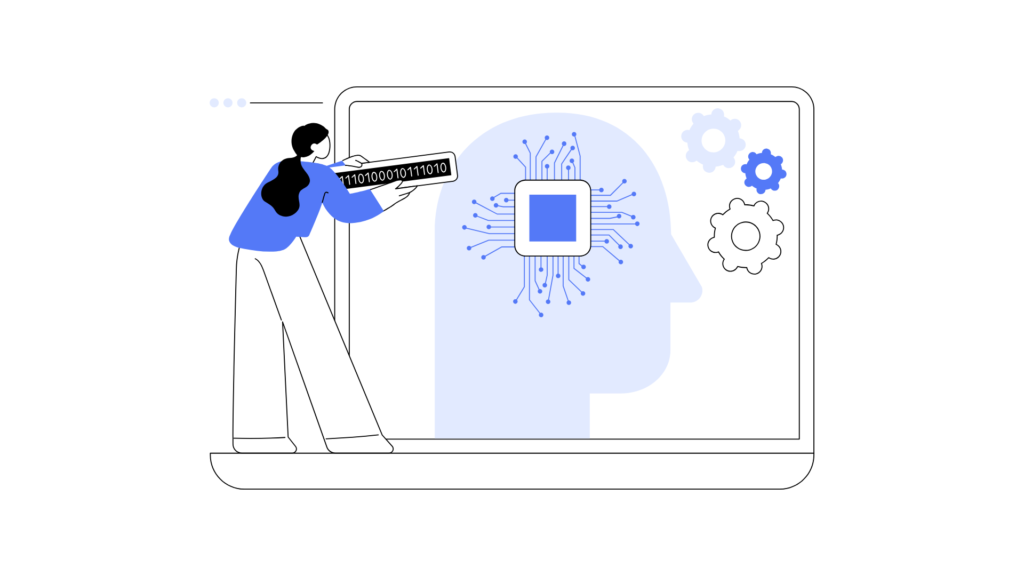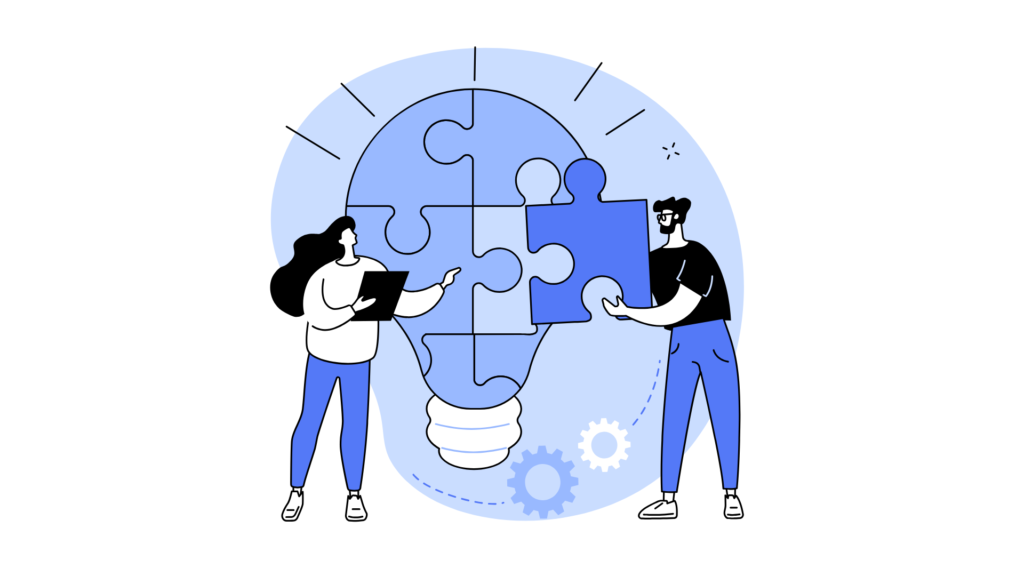
The foundation of a child’s intellectual and emotional growth is laid during the early years of education. Amidst the diverse aspects of early childhood development, fostering logic and reasoning skills stands paramount. Logic development in young learners not only prepares them for academic success but also equips them with the cognitive tools necessary for problem-solving and decision-making in everyday life. This blog explores the importance of integrating logic development into early education and offers insights into how it shapes the minds of future generations.

Developing logic skills from a young age significantly enhances cognitive flexibility, enabling children to adapt their thinking to new information and different perspectives. By engaging in activities that promote logical reasoning, such as puzzles, strategy games, and cause-and-effect exploration, children learn to navigate complex situations and think critically. This cognitive flexibility is crucial, not only for academic pursuits in subjects like mathematics and science but also for adapting to life’s unpredictable changes and challenges.

Instilling logic and reasoning skills early on lays a solid foundation for lifelong learning. Children with strong logical thinking abilities are better equipped to understand abstract concepts, recognize patterns, and make connections between ideas. These skills are vital across all disciplines, from language arts to the sciences, and foster an innate curiosity and love for learning. By prioritizing logic development in early education, we cultivate independent thinkers who are proactive in their educational journey and beyond.

One of the most tangible benefits of logic development in young learners is the enhancement of problem-solving and decision-making abilities. Logic equips children with a systematic approach to identifying problems, evaluating options, and determining the best course of action. These critical thinking skills are invaluable in navigating social situations, resolving conflicts, and making informed choices. Early education that emphasizes logical reasoning prepares children to face life’s challenges with confidence and competence.

Logic and emotional intelligence may seem like distinct realms, but the development of logical thinking skills plays a significant role in understanding and managing emotions. Logical reasoning helps children process their feelings, discern the emotions of others, and empathize with different perspectives. This connection between logic and emotional intelligence enhances interpersonal relationships and social interactions, contributing to well-rounded emotional development.

The integration of logic development into early education is not merely an academic imperative but a holistic approach to nurturing capable, resilient, and empathetic individuals. By fostering logic and reasoning skills from a young age, we empower children with the cognitive tools to navigate both the intellectual and emotional aspects of their lives. As educators, parents, and guardians, our commitment to prioritizing logic development paves the way for our children’s success in school and life, ensuring they grow into thoughtful, informed, and compassionate adults.
